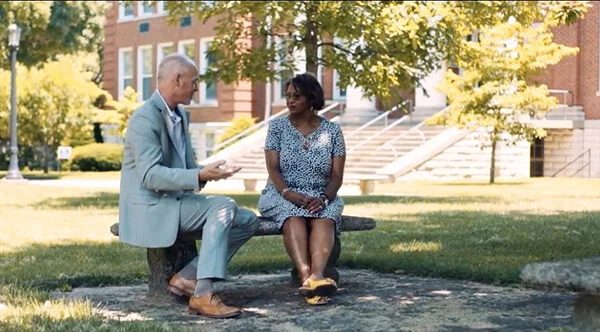Assisted Living in Kentucky
Assisted living facilities can be an attractive option for older adults who don’t need round-the-clock care.
An assisted living facility is different from a nursing home. Nursing homes typically provide skilled medical care for older adults with chronic health conditions. Although their residents often don’t require hospitalization, they can’t access the care they need at home.
Services received in personal care homes may be reimbursed from the state general fund.
On the other hand, assisted living communities are a popular choice for older adults who want to live independently but need help with daily activities such as eating, bathing, dressing, or moving. Assisted living communities have to be certified by the Kentucky Department for Aging and Independent Living. However, these entities are considered private, so no public funding is available for provided services.
Think you or a loved one could need assisted living in the next six to 12 months? Here are some easy things you can do now to ease future financial burdens and protect everything you’ve worked for so you can focus on getting the care you need.
Tips on Easing the Financial Burden

protect your hard-earned money.
1) Establish a Caregiver Agreement
Even if the caregivers are your children, put it in writing, set a payment amount, and include terms just like a formal contract – even if you don’t exchange any cash payments for now. This can really save you a lot of money in the end.
2) Get a Power of Attorney
And while you’re at it, you really should have your Will, Living Will, possibly an advanced funeral directive and a do not resuscitate order in place as well. These documents can protect you and your assets in assisted living. Make sure they are robust and not run-of-the-mill powers-of-attorney.
3) Plan for Your Care Needs to Increase
Assisted living may be what is needed for now but having a plan in place to preserve and possibly grow your assets can protect you if your care needs change.
Your needs can increase with a new condition developing like a fall, which happens to one in four older people each year. Did you know that falling once doubles your chances of falling again? Dementia and cognitive decline can increase care needs, too.

You’ll want to start an asset protection plan if Medicaid comes into the picture later. Like a free transfer of your house to your child if caregiving is already happening, assuming you’re going from your home into assisted living.
4) Explore Available Benefits
Whether it’s prequalifying for funeral benefits or the VA providing your medication or pension, investigate every possible benefit available to you to maximize your options.
For example, some military veterans who receive pensions through the Veteran’s Administration (VA) may be eligible for certain benefits that can be used to pay for care services in assisted living facilities.
5) Discover what in-home care options you may have.
There are benefits that would allow you to stay in your home and not go into assisted living. The Home and Community-Based Waiver program through Medicaid may be the option that keeps you living at home and get the care you need.
How Can Elder Law Guidance Help?
Know that you don’t have to do this alone. Whether you or your parents are preparing to embark on a move to an assisted living facility or you are thinking ahead to the future of your loved ones, the Elder Law Practice of Scott E. Collins, PLLC, is here to guide you.
Call Elder Law Guidance at 859-544-6012 for a consultation about establishing a life care plan that includes these important/critical pieces or visit our website for more information. We are ready to help you.

